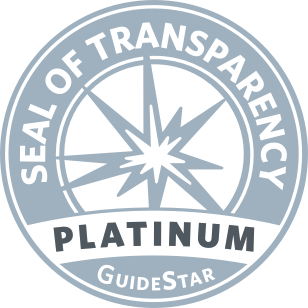
Being diagnosed with an eye condition that causes partial or complete vision loss is a highly emotional experience. Vision loss may come unexpectedly and be frightening. Newly-diagnosed patients frequently struggle with grief and depression, similar to losing a loved one. When managed using healthy coping methods and strategies, this is a natural and normal response to vision loss.
Here, we will share several healthy coping methods that patients have used to acknowledge their diagnosis, improve mental and physical wellness.
Healthy Coping Methods
First, it’s important to understand that different people have different ways of coping with adverse life events. It may take some time to discover a healthy coping method (or combination of methods) that works best for you.
Methods that patients have tried in the past include:
SOCIAL
- Reach Out to a Professional: Working with a professional counselor, such as a therapist or grief counselor, provides you an opportunity to vocalize your feelings in a safe environment. Counselors experienced in grief management can help you navigate the negative thoughts and emotions that follow your diagnosis, and can provide additional helpful coping strategies. Learn more about the grieving process and healthy ways to cope.
- Be Honest with Family and Friends: When faced with a difficult life circumstance, many people instinctively “withdraw,” hiding details from friends and loved ones. While fighting a private battle often feels natural, informing family and friends of your condition is an important step toward reaching acceptance and catharsis. Your family and friends will encourage and support you, just as you would them.
- Connect with Other Vision Loss Patients: Sharing your experience with other vision loss patients – and hearing their experiences shared, as well – can be a powerful source of strength following your diagnosis. Connecting with people in a shared life situation can lead to new friends and useful resources. Find your local Foundation Fighting Blindness chapter.
LIFESTYLE
- Consider Meditation and Mindfulness: Practicing meditation and adopting mindfulness helps you manage grief and anxiety in a healthy way. Today, many health counselors are trained to educate clients on meditation and mindfulness, and the internet is home to a plethora of instructions on how to make these practices part of your daily routine. Learn more about the practice and benefits of meditation.
- Find and Enroll in a Lifestyle Adjustment Course: Adjustment classes help people reacclimate to daily living following major vision loss. In these classes, an experienced coach will teach you how to follow your daily routine with confidence and poise. Learn more about lifestyle adjustment programs.
- Consider a Service Animal: Service animals – most commonly, service dogs – help people with vision loss navigate their environments. Importantly, they also provide real emotional support during life’s inevitable stressful moments. There are several resources online, through groups such as Leader Dogs for the Blind, the American Kennel Club and ADA, that can help you learn more about service dog ownership.




